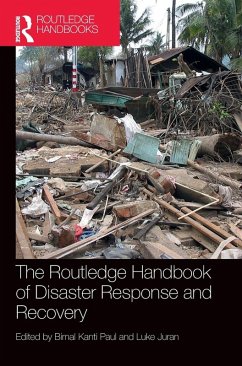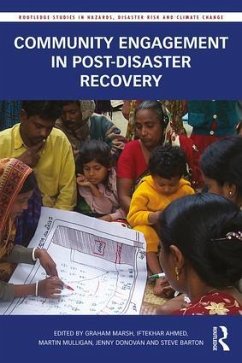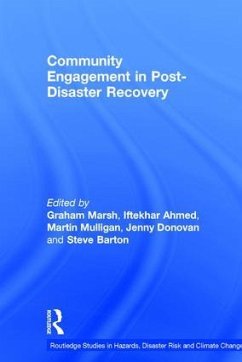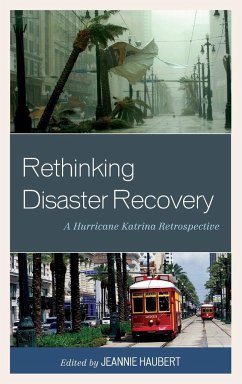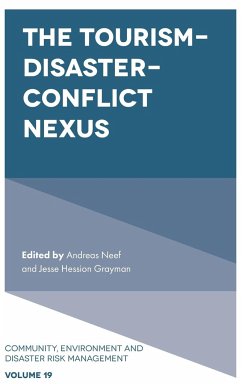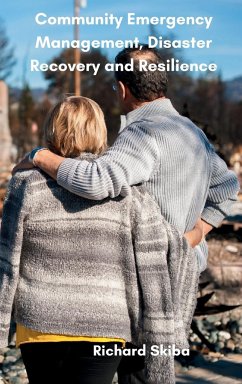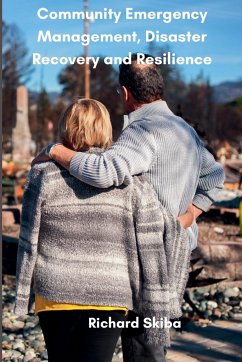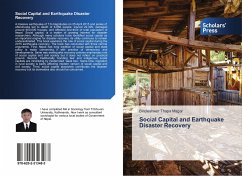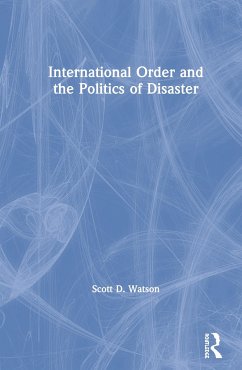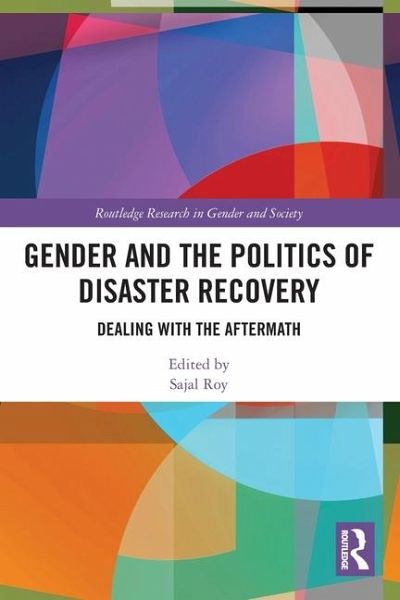
Gender and the Politics of Disaster Recovery
Dealing with the Aftermath
Herausgeber: Roy, Sajal
Versandkostenfrei!
Versandfertig in 1-2 Wochen
56,99 €
inkl. MwSt.
Weitere Ausgaben:

PAYBACK Punkte
28 °P sammeln!
Drawing a transdisciplinary perspective, this book investigates the ways in which gender intersect with rebuilding and post-disaster recovery process.





